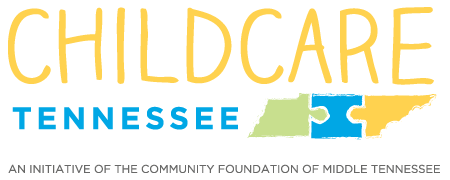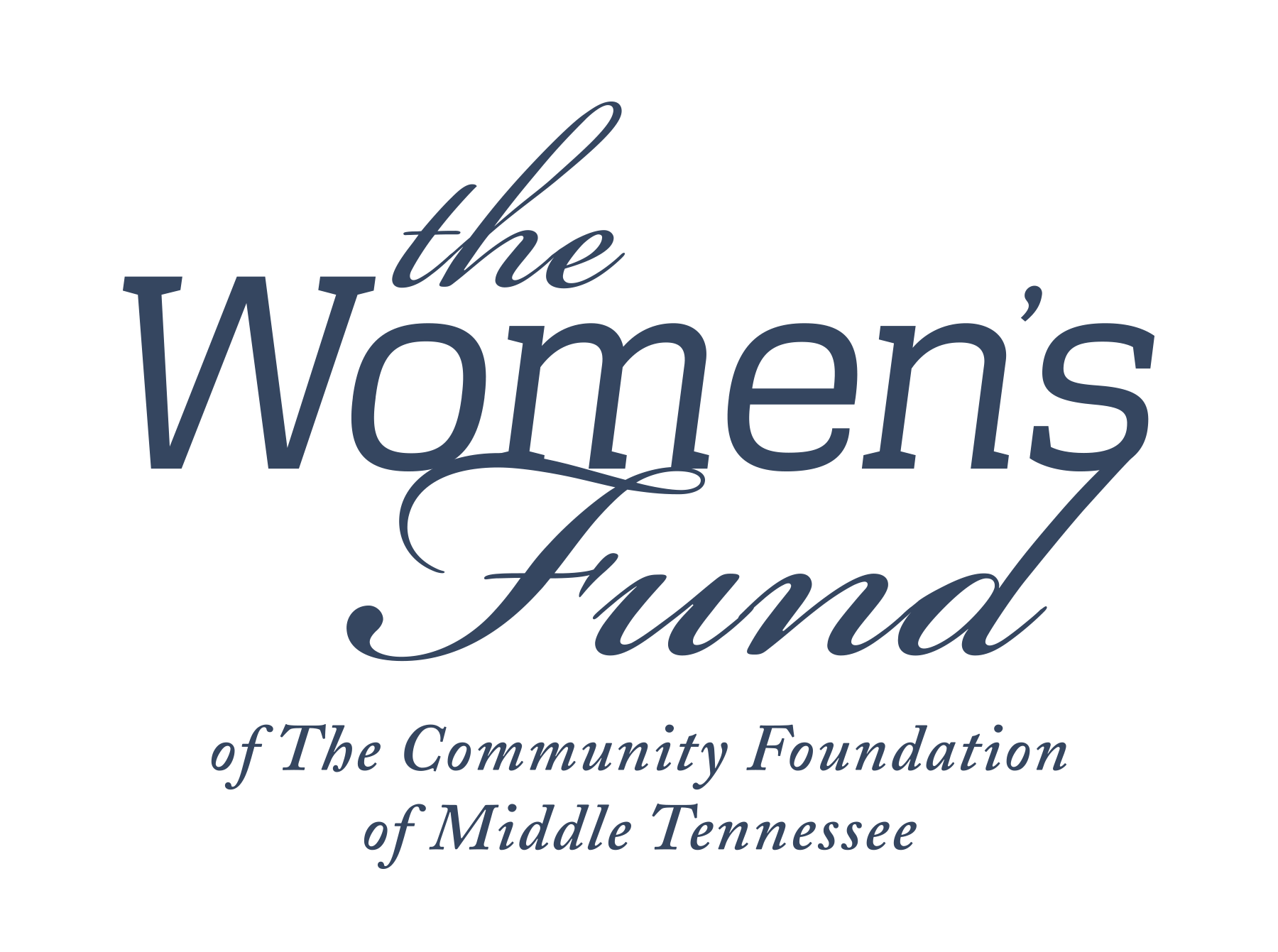Women’s Fund Forum: ‘Stories from the Opioid Epidemic’ Relates Harrowing Effects of Drug Abuse, Treatment Options
A crowd braved rush-hour traffic and rainy, dreary weather to learn more about the country’s ongoing opioid epidemic at The Women’s Fund Forum Wednesday, Nov. 14 at FiftyForward’s Knowles Center.
“What if we looked at addiction as a disease, not a choice?” was a common theme of the forum, titled “Stories from the Opioid Epidemic.” More specifically, the question was posed: What if we treated people facing addictions with the same patience and kindness as we treat cancer patients?
Moderator and former Nashville Mayor Megan Barry lead the program, which included video and slide presentations to accompany a team of expert panelists: Metro Nashville Police Sgt. Gene Donegan; Pamela Sessions, CEO of Renewal House; Kristen Zak, Deputy Director for Opioid Response Coordination at the Tennessee Department of Health; and Deborah Taylor Tate, Co-Chair of the Conference of Chief Justices and Conference of State Court Administrators National Opioid Task Force.
Topics discussed included:
- How opioids get to our streets. Drugs are getting stronger and more deadly.
- How close we all are potentially from being an addict (One broken arm and a subsequent addiction to pain pills, as it turns out.)
- The continuing increase in the number of deaths, especially in people under age 35.
- How Tennessee’s judicial system is taking steps to treat addicts as patients and not as criminals.
Barry closed out the evening by poignantly profiling her son Max, who died of an opioid drug overdose in 2017. She said she wanted to tell the crowd about Max the man so that he would be defined by the person he was, and not by the way he died.
Deborah Taylor Tate's Slide Presentation Megan Barry's Slide Presentation
The Women’s Fund is dedicated to increasing support in Middle Tennessee for programs serving women and girls. The Women’s Fund was established within The Community Foundation of Middle Tennessee in 1994 by a committee of community leaders who wanted to invest in long-term solutions for transforming the lives of women and girls, improving the well-being of our entire community.






